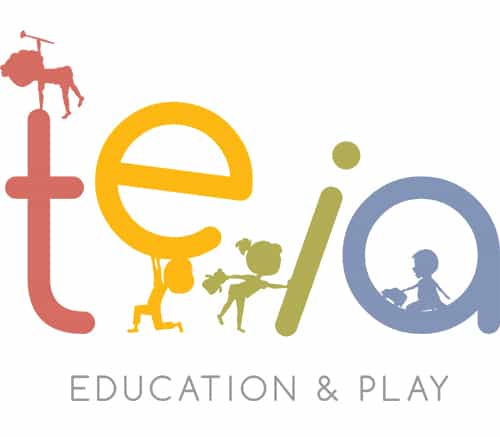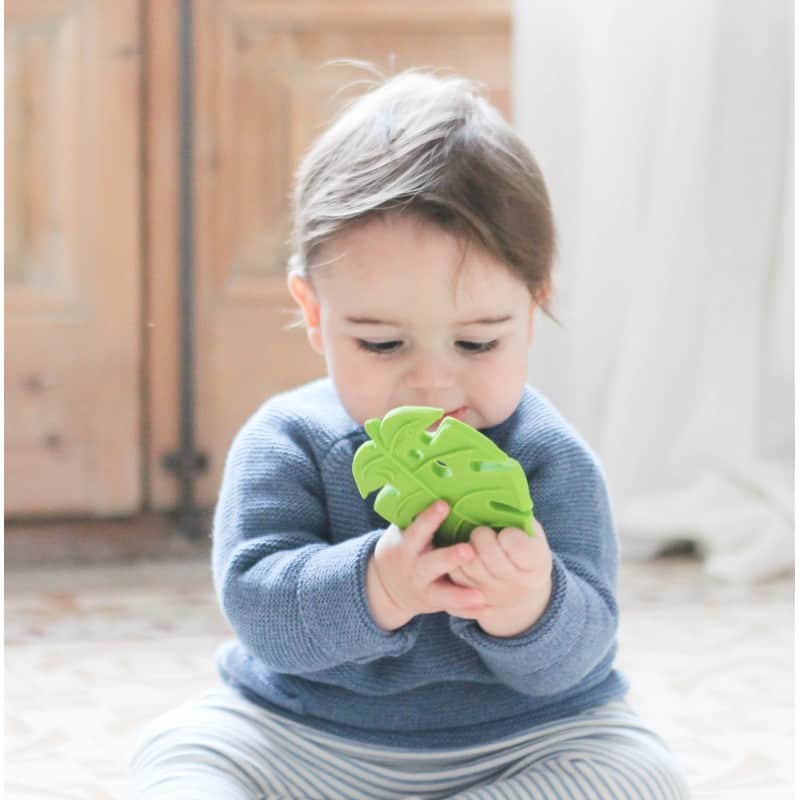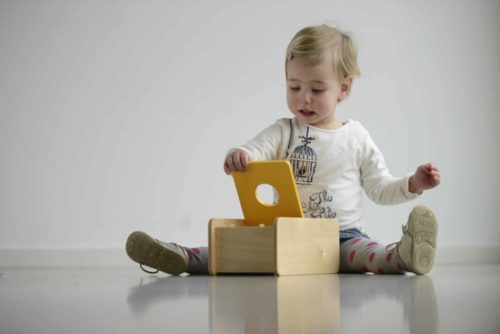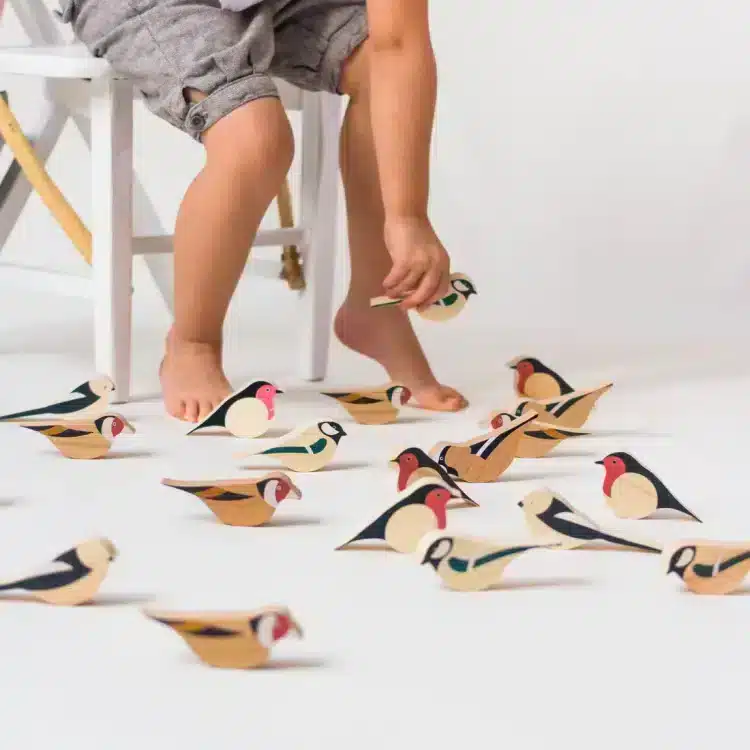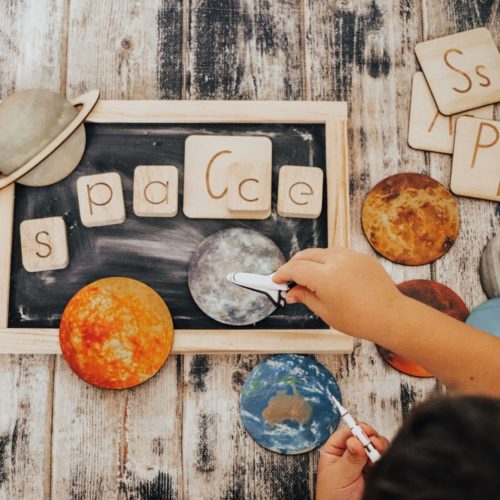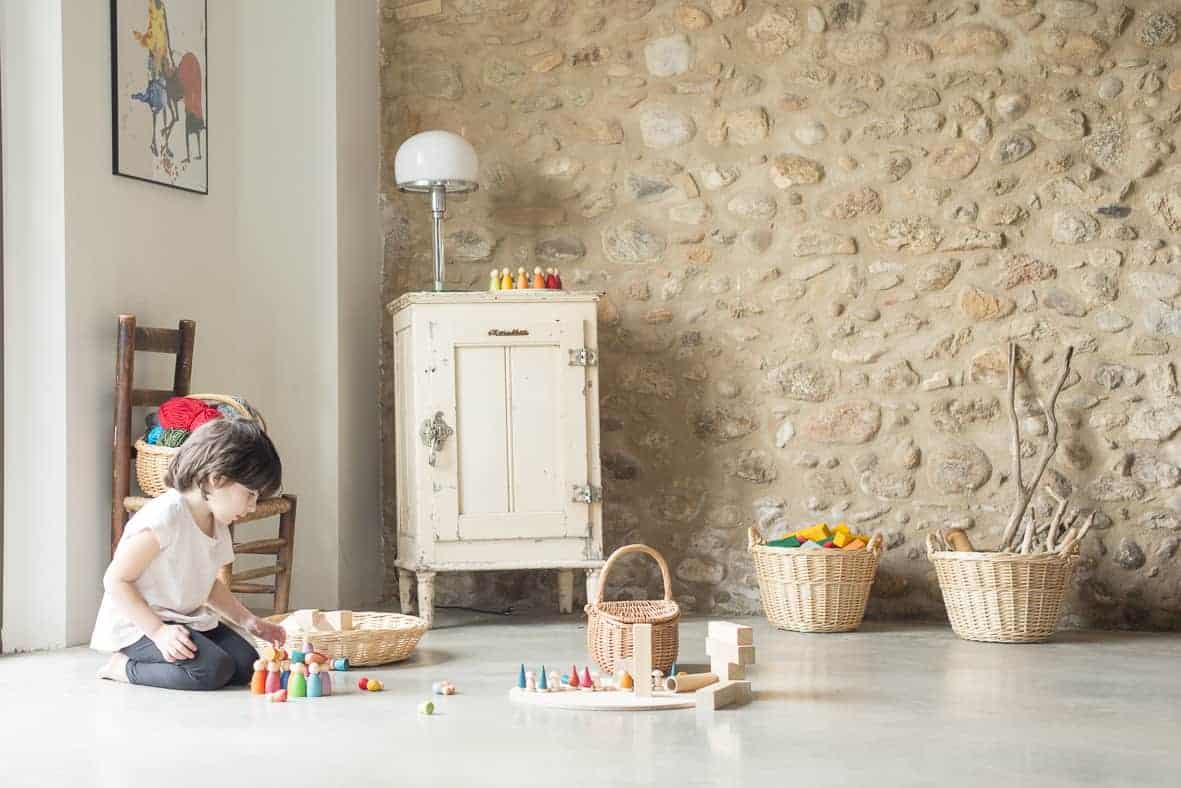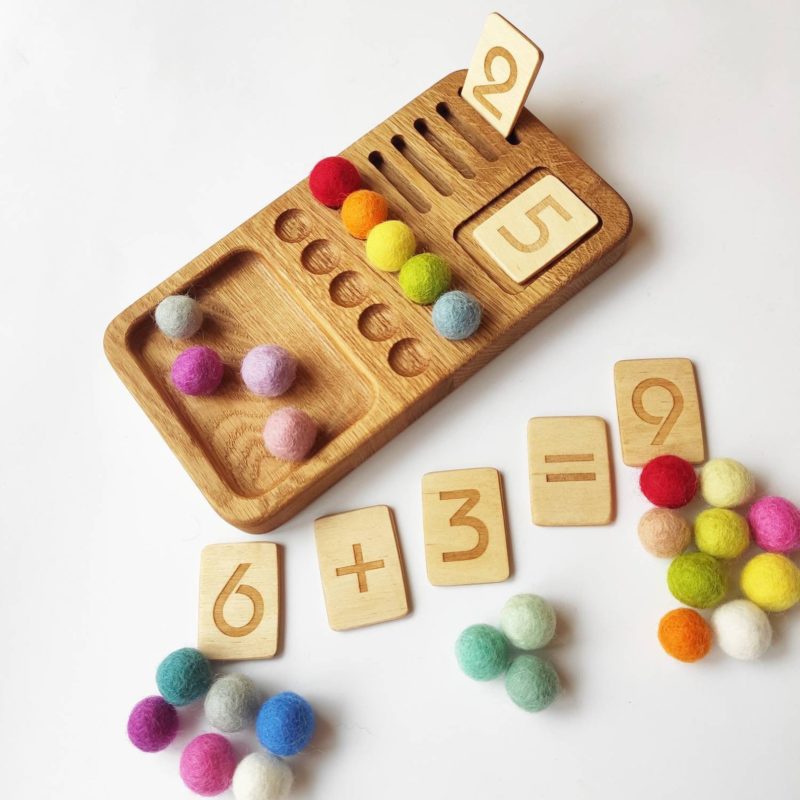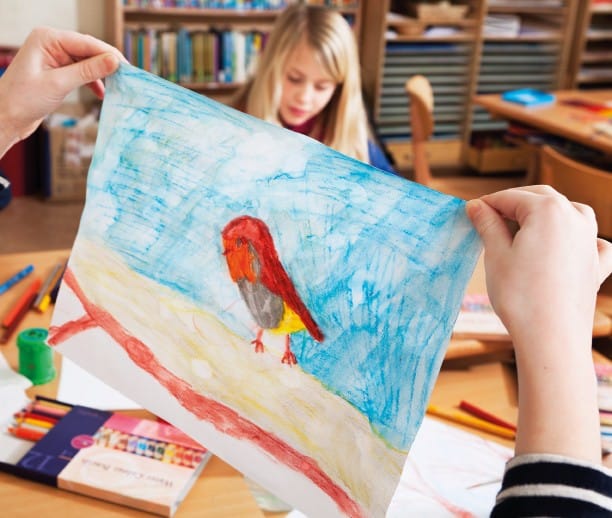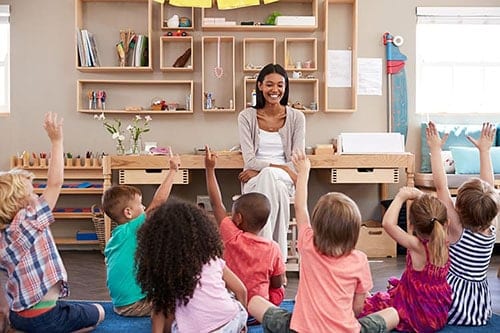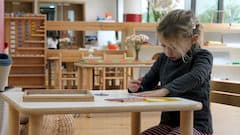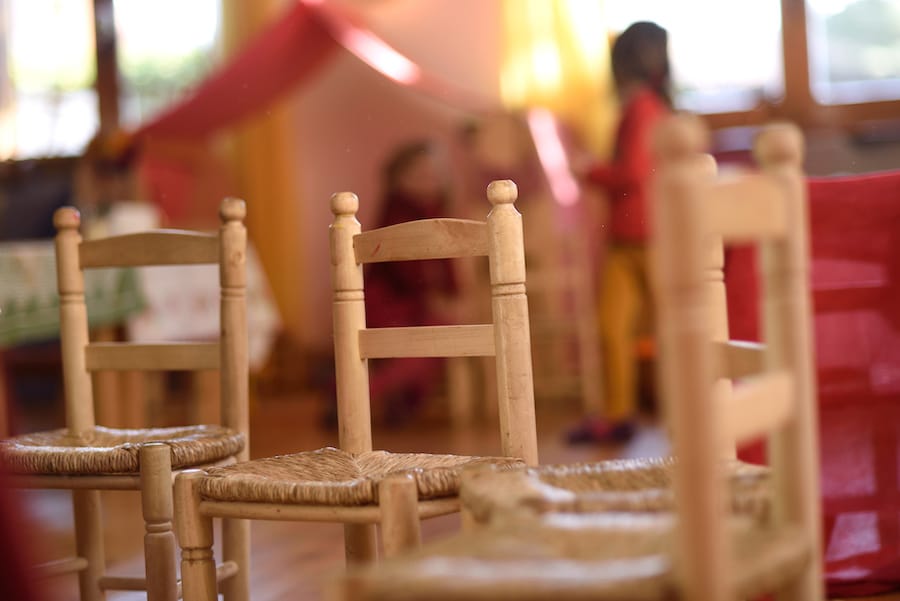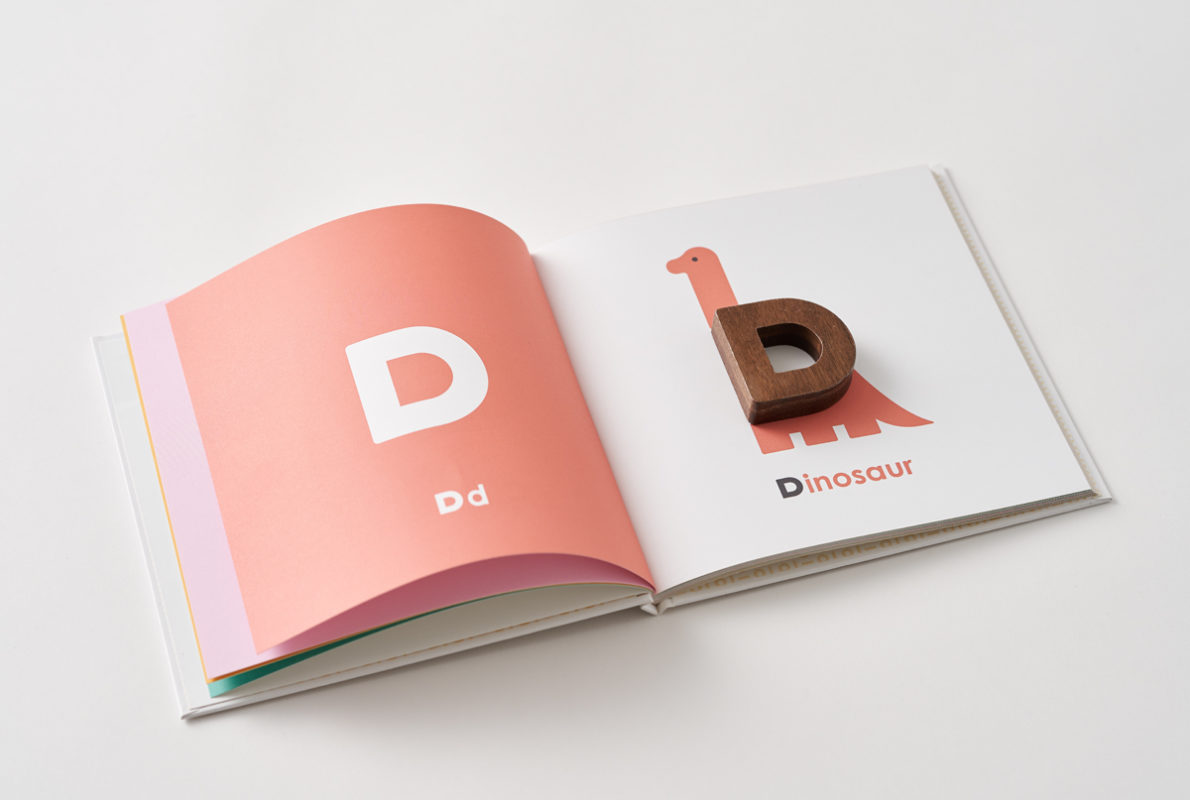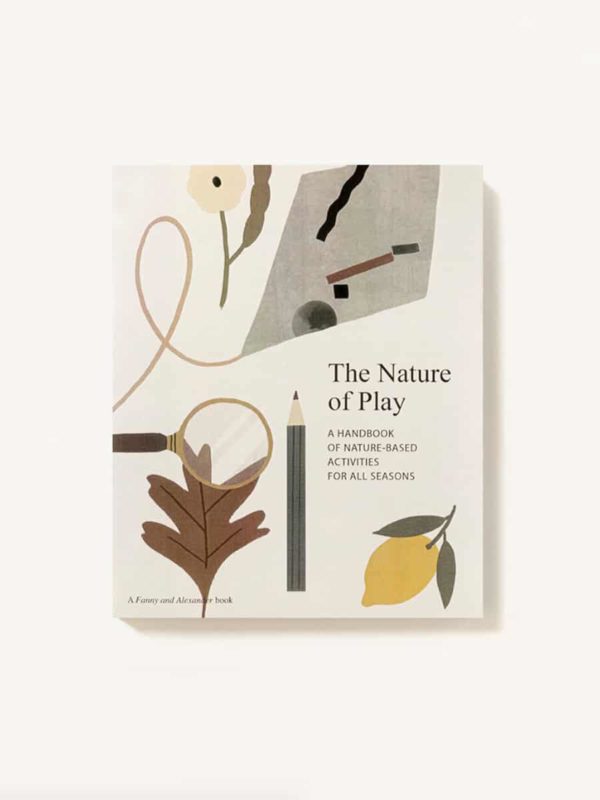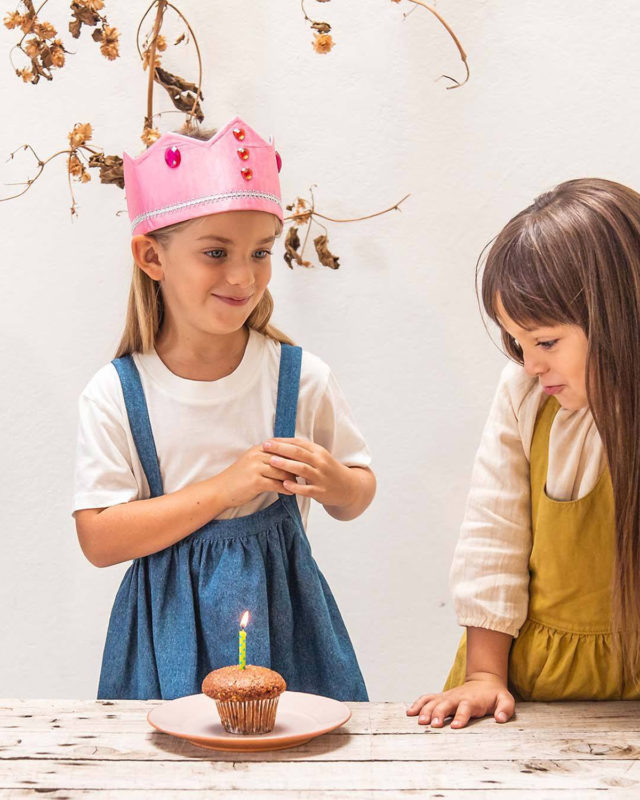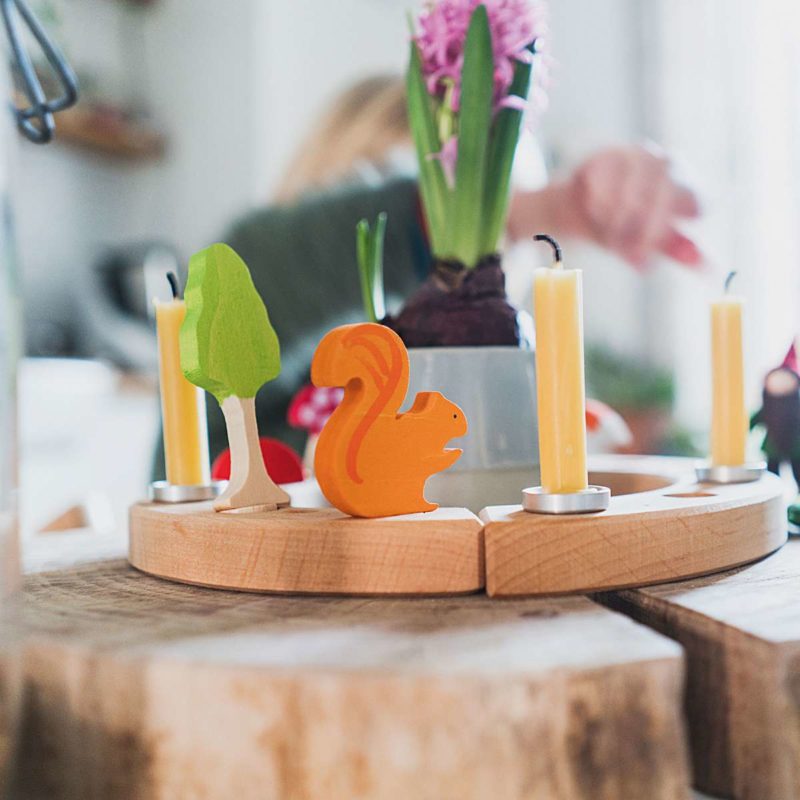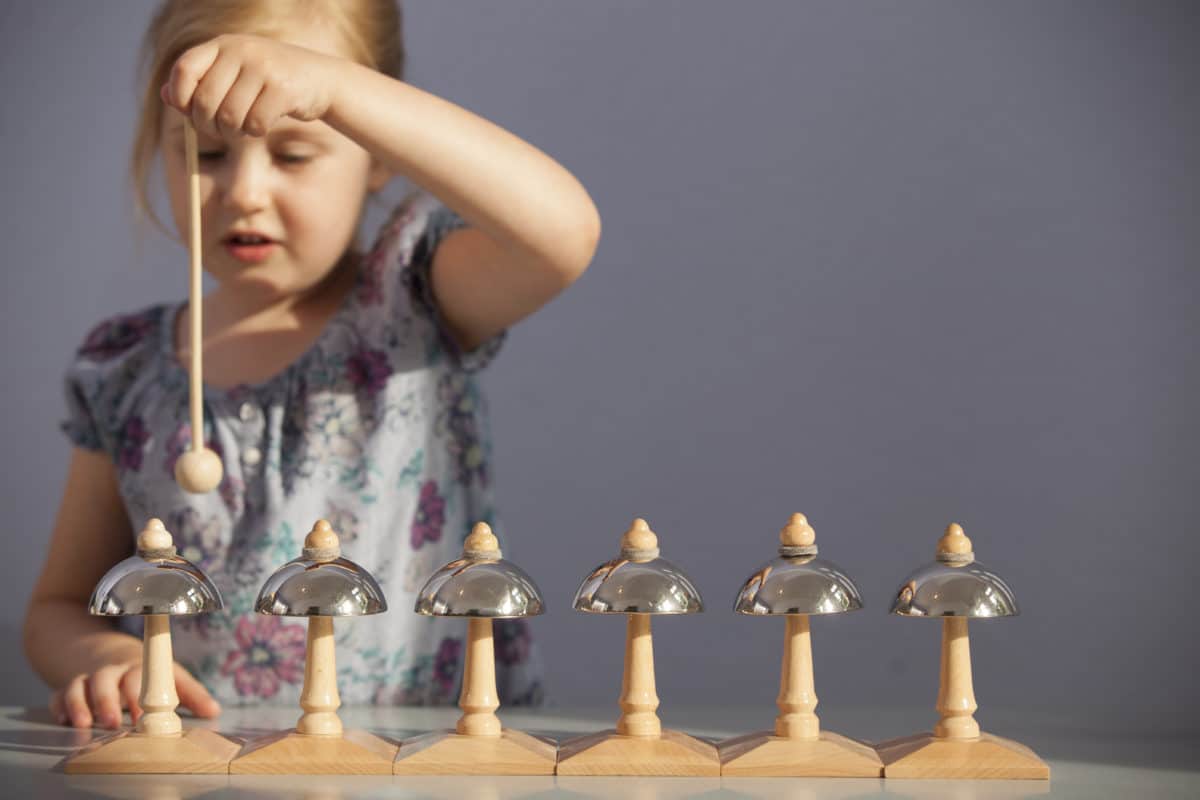Education at home, Education Methods
The Montessori approach to music
The Montessori approach to music is based upon the understanding that young children learn first through their experiences and senses. By at once engaging the ear, the eye, the voice, the hand, the body, and the soul the whole of the child is actively involved in the entire musical experience.
Maria Montessori once said: “Music can touch us in a way that nothing else can. No better gift can we give the children than to open this door to them.” She recognised the importance of music in the lives of children and developed a comprehensive and developmentally based educational curriculum in music to be offered in Montessori schools and prepared environments at home.
You don’t have to be particularly musical, play an instrument or be able to sing in tune, but the large majority of us – whether it’s part of our culture, religion or profession – enjoy listening to music in one way or another, and most of us when we become parents introduce this appreciation to our children at a really young age – lullabies to soothe at bedtime, nursery rhymes to entertain at playtime or singing to our favourite songs on the radio during car journeys.
Many of us have even taken our children to music classes at some point which is another excellent, but often costly way of introducing little ones to musical activities in a more social environment where they are encouraged to share with others and try new things like puppet play, dressing up, jingling bells or banging drums – which is always a favourite for any child that just loves making noise! Not so much for a parent suffering from sleep deprivation or a child with sensitive hearing, but nevertheless exciting for the child banging the drum!
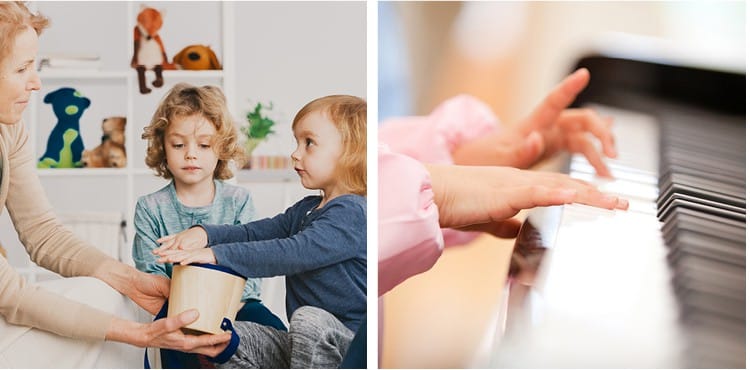
Music and Early Years
Most settings during the early toddler to pre-school learning years, whether it’s a home playroom, a toddler group or a nursery will more often than not have in their resources a selection of musical instruments – they might be traditional instruments that you would find in an orchestra like symbols, bells, drums or a xylophone or maybe instruments that are from around the world like a rainmaker or digeridoo or even home made sound makers like a bottle filled with beans or a beaker filled with sand but regardless of their origin, children are encouraged to experiment and explore.
Many studies over the years have indicated that exposure to music in early childhood has huge positive results on children – particularly up to the age of seven years old where there appears to be a period when children are more susceptible to the learning of music and can develop musicality more easily than in later years – however they are still able to learn musical skills after this period but maybe not quite as easily.
Montessori Music
In a Montessori inspired learning environment, there is an emphasis on listening to sounds and developing the ability to understand how sounds develop, where they fit within a specific order or identify sound variations like pitch, melody, rhythm and tempo – often on a sensory level.
The comprehensive range of Nienhuis Montessori music materials and the colourful handbells for toddlers provide an excellent example of this as do the colourful SINA Spielzeug musical balls.
Maria Montessori believed that all children had the ability to learn music, and whether or not you agree, most people will concur that there is an important place in the learning curriculum for music because it has so many positive effects on children and adults – of all ages.
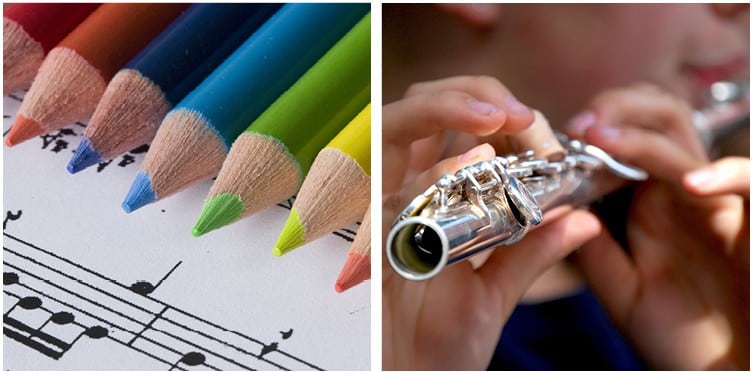
Benefits of Music
Studies of children on the Autistic Spectrum that have been exposed to music therapy showed an improvement in communications skills, attention and social engagement. In babies, the playing of music and lullabies has seen improvements in feeding behaviours – particularly in premature babies – and increases in periods of quiet but alert states indeed, research in adults has shown that music has a beneficial effect on brain chemicals that are linked to positive feelings of pleasure as well as the relieving of stress and anxiety.
Exposure to music from an early age has proven to help a child’s ability to learn – the introduction of music and associated movement which often go together in early years – has shown to improve memory, assist with cognitive development and learning skills. In group environments it promotes social skills, patience when waiting to take turns or listening to others.
When learning an instrument, it helps to develop fine motor skills and co-ordination and with the ability to learn to read music comes the ability to count and understand the different values of notes in a piece of music which improves mathematics, and the more practice playing a particular piece of music, the better memory recall that child will have. If a child continues to play in an orchestra, it improves discipline, helps to feel part of a team and improves self-esteem and confidence.
Music has always been and will continue to be an excellent means of verbal and non-verbal communication with many mental and emotional benefits so whether you consider yourself to be musical or not, the mental and emotional benefits of having music in your life, at any age are proven to outweigh the alternative.
If you would like to find out more, we highly recommend the new Montessori Pierson book “The Montessori Approach to Music” for adults available for pre order from our website.
